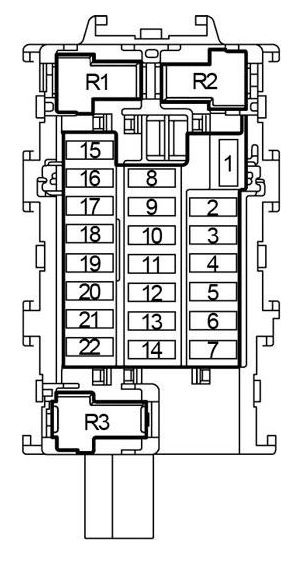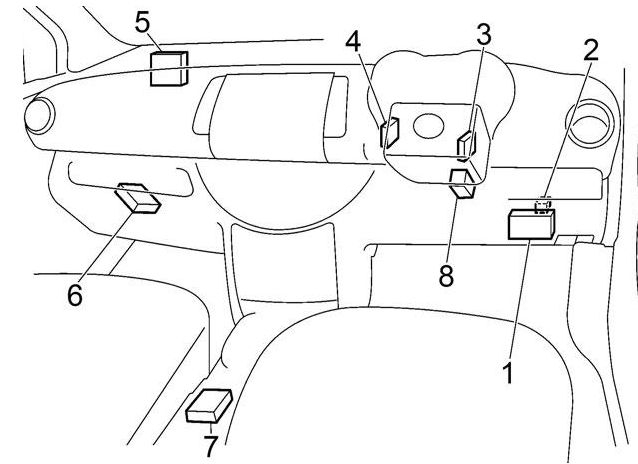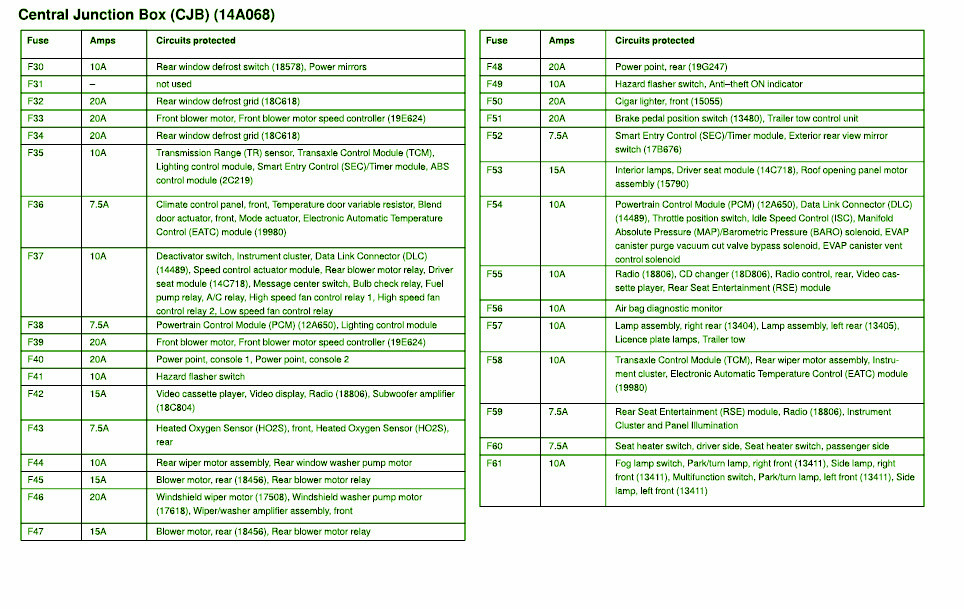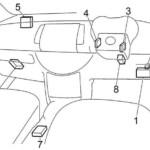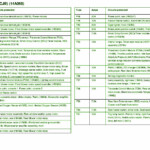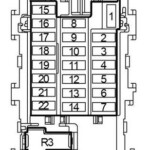Nissan Note Fuse Box Diagram – Diagrams of fuse boxes are vital tools for understanding and troubleshooting the electrical system of your house or car. They provide visual representations of the purpose and the design of fuses and circuit breakers that protect circuits. This guide can help you understand the fuse box diagrams.
Types of Fuse Box Diagrams
A diagram of a fuse box is an important tool for electrical and home repair projects.
Diagrams of fuse boxes are common in various instances, including cars and even residential structures. We’ll look at two of the most commonly used kinds:
A. Automotive Fuse Box Diagrams. These diagrams are designed specifically for vehicles and show the circuits and fuses that control elements like headlights, engine control modules, and audio systems. They are usually found in the owner’s guide or on a sticker inside the fuse box.
C. Home Fuse box Diagrams Also known as diagrams of the home fuse box. They provide the layout of circuit breakers within an electrical system for residential use. These diagrams, typically found near or in the door of an electrical panel serve as a record for homeowners about the residence.
Understanding Fuse Box Diagram Symbols
The symbols of fuse box diagrams represent graphically the various components of an electrical system. These symbols are widely used:
- Fuses are small rectangles with a number in them that represent the fuse’s amperage ratings.
- Circuit Breakers – A symbol that appears like a switch, and is a symbol for a resettable safety device
- Ground – Looks like an inverted “T” with an arrow in the horizontal direction that represents the electrical ground connection
Common Fuse Box Issues
When you’re faced by electrical issues, these steps can help determine the cause and fix the problem:
- First, you must recognize the Issue
Start by identifying which electrical device in your home or car is not functioning properly. This could be an appliance, light or appliance in your house or an automobile function such as radio or air conditioner in your car.
- Second Step: Locate the correct fuse
Utilizing the diagram of the fuse box, find the circuit breaker associated with the component malfunctioning. These are usually labeled either with a description or a symbol.
- 3. Check and replace the fuse:
Verify for damage or burnout by carefully taking out the fuse. If needed, replace it the fuse with one that has a similar amperage capacity or reset the circuit breaker. To verify that the component is functioning in a proper manner check it.
Conclusion
It is crucial to understand fuse box symbols and diagrams for troubleshooting electrical problems in your vehicle or at home. Follow these steps to quickly and safely resolve common problems and ensure that your electrical system remains in good working order and safe.
